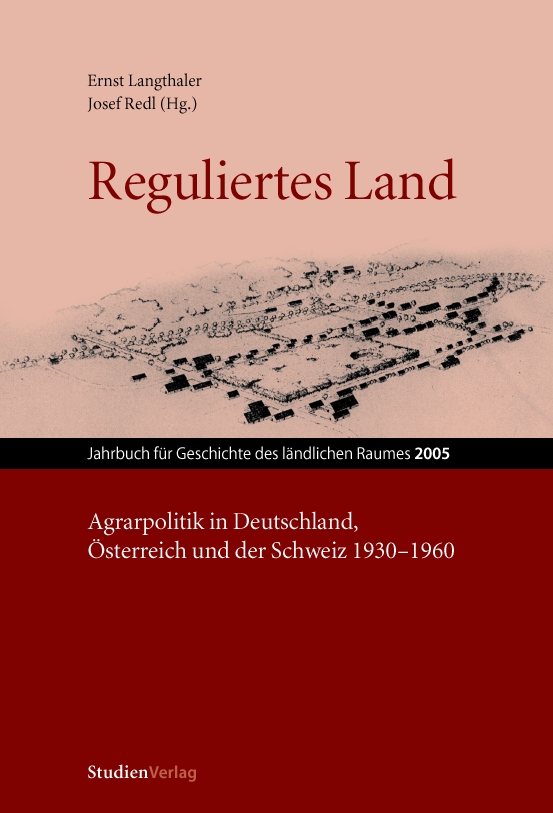Paradigmawechsel in der Agrarpolitik
Der Erste Weltkrieg und die Agrarmarktordnungen in der Schweiz am Beispiel des Milchmarktes 1914–1922
DOI:
https://doi.org/10.25365/rhy-2005-18Abstract
With the outbreak of World War I, an embargo on all exports was enacted by the Swiss government to save basic food products for the domestic market. This measure brought the Swiss dairy farming, which exported almost half of its production as cheese on to the verge of a collapse. Therefore, the farmers association, the economic department and the cheese exporters rapidly created a new market order and a new actor with special powers: the Swiss cheese association. Traders, manufacturers and producers were now forced to sell their milk and cheese at fixed prices. This enabled to fulfil the demand of the population for milk and cheese. In return for this service public the Swiss cheese association was allowed to organise the export of the surplus cheese. The strictly regulated milk market was insofar successful, as it protected dairy farming from collapse and protected the consumers from price fluctuations. The foundation of the Swiss cheese association 1914 and the state intervention in dairy farming during World War I was a turning point and had a long lasting effect on agricultural policy in Switzerland.


